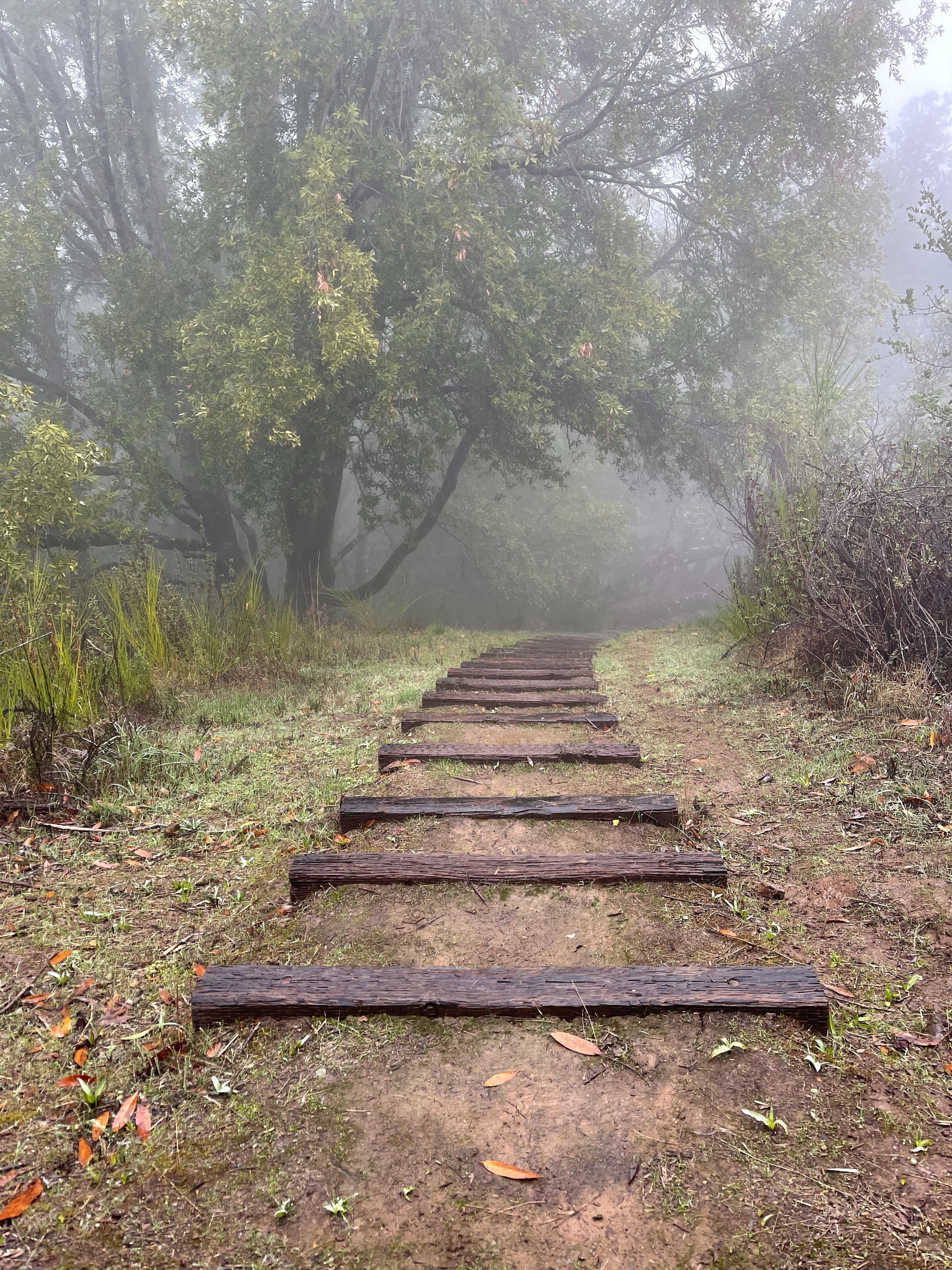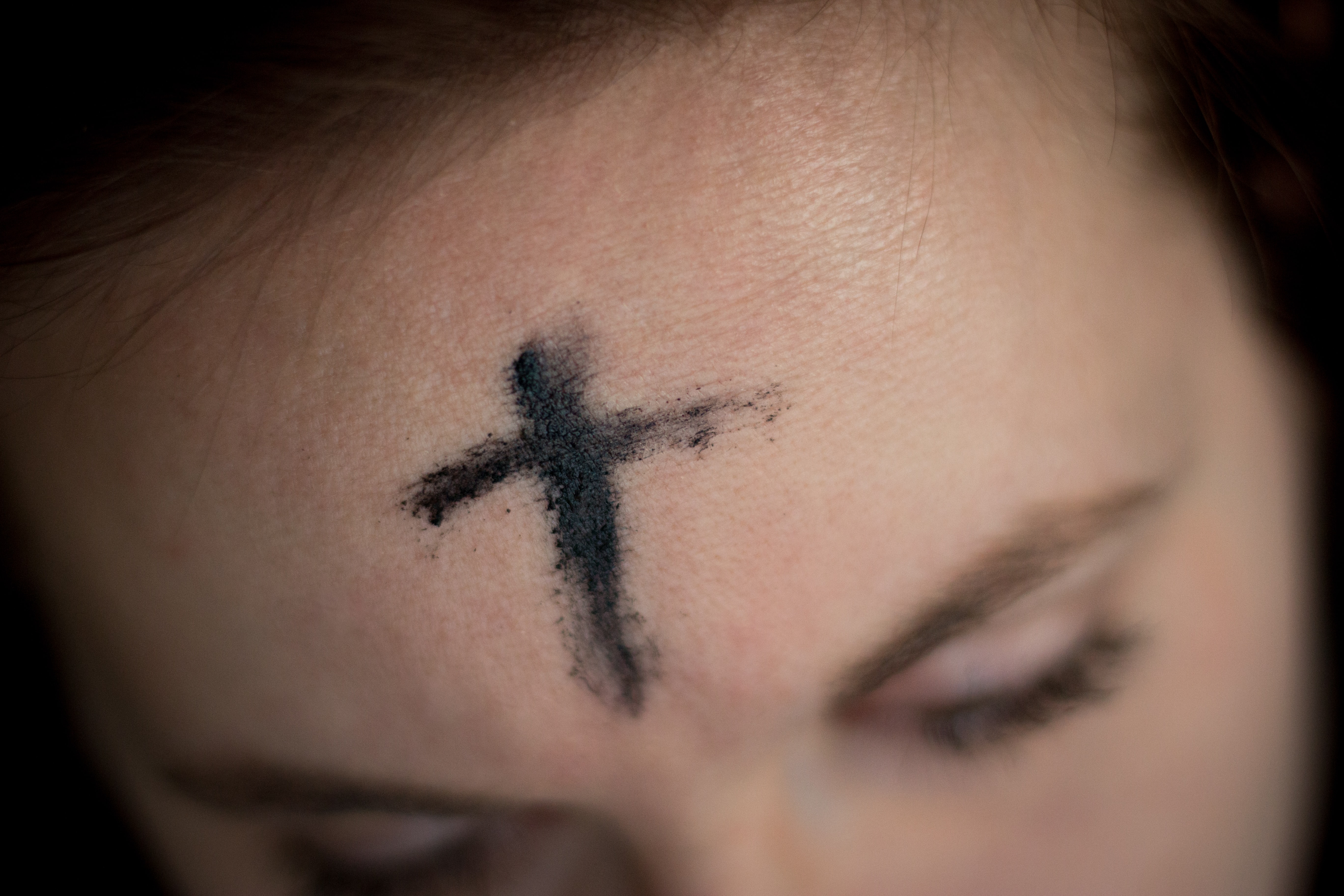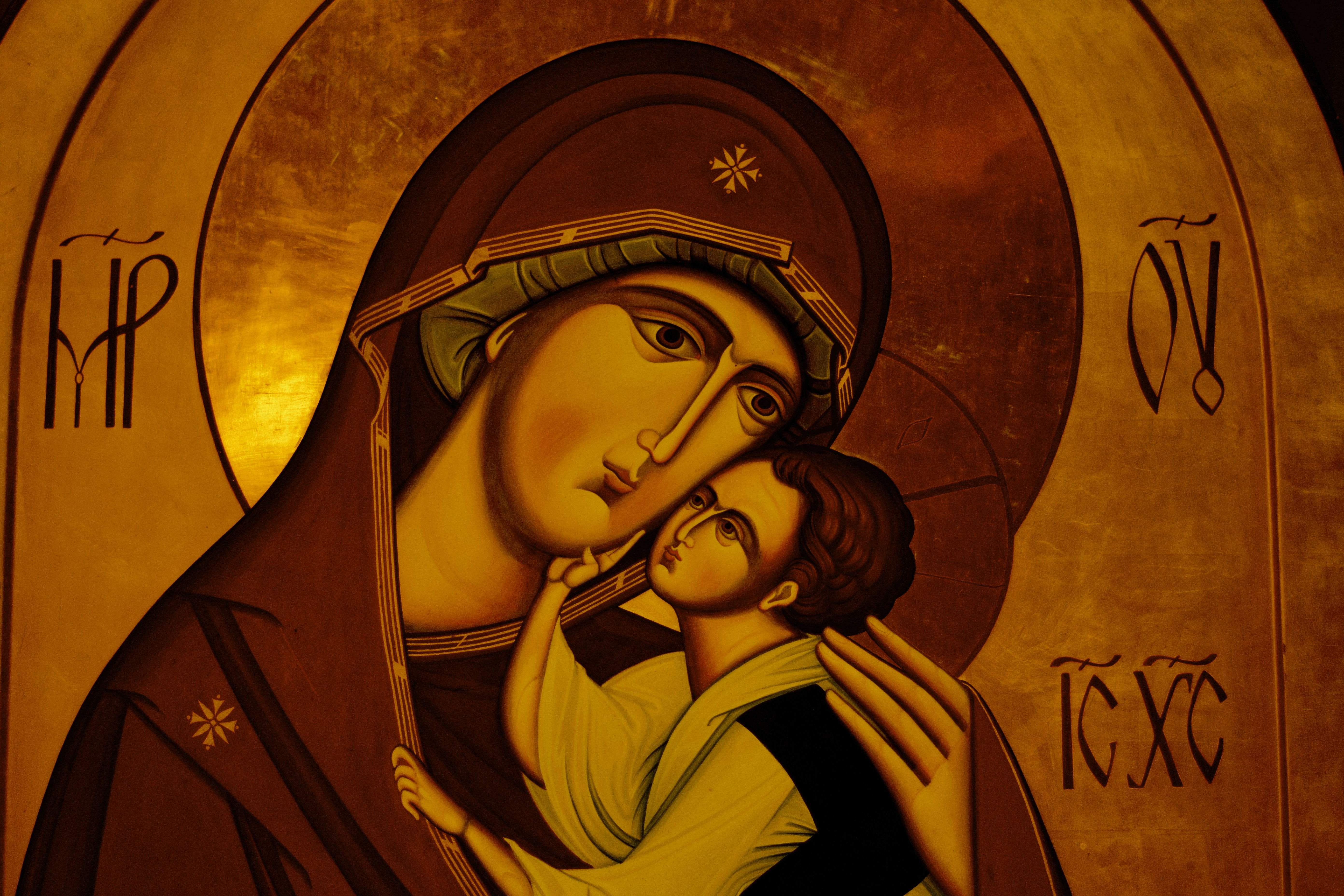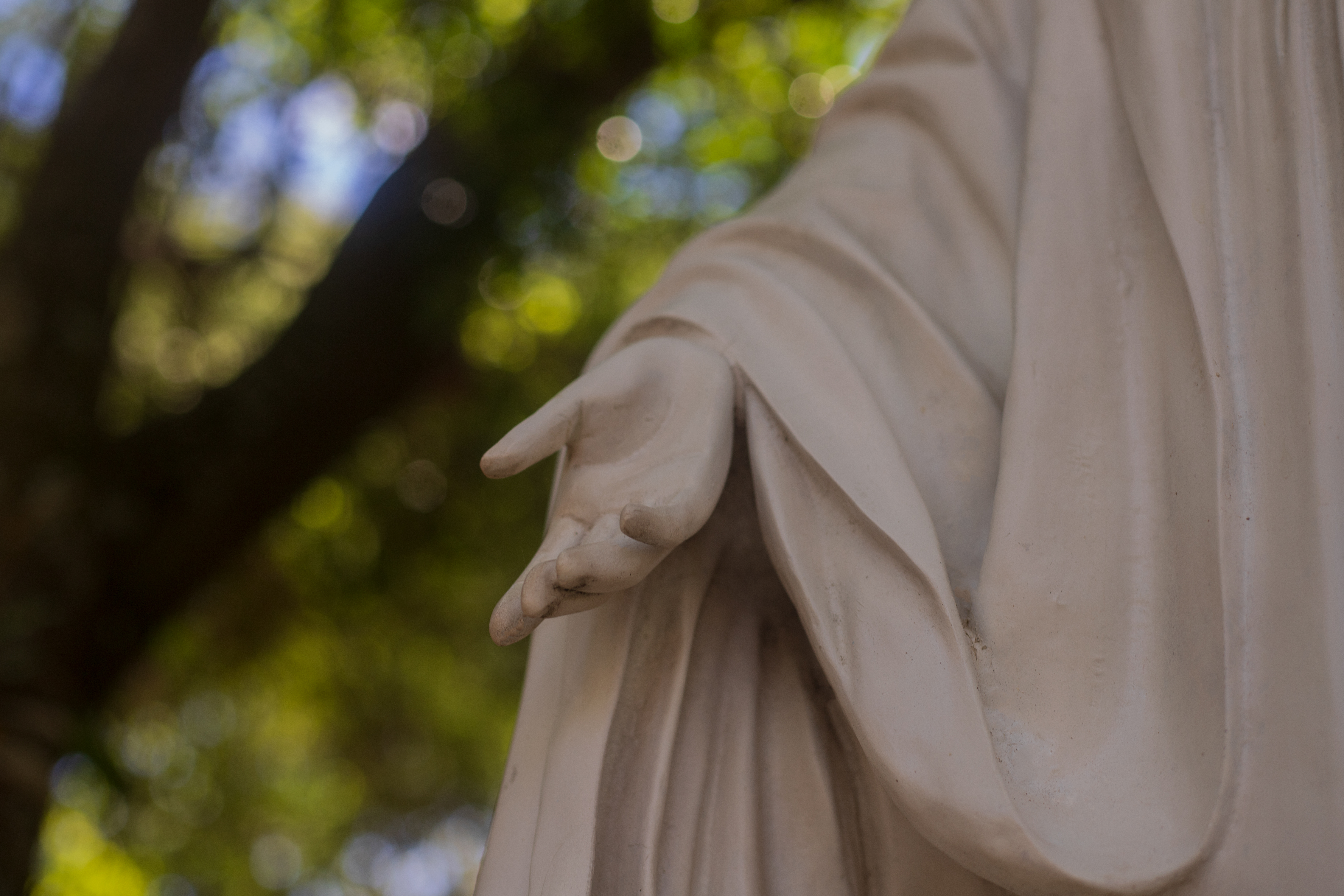Jesus is powerful. He heals everything. Even demons listen to him.
The world is sick. It’s easy to feel discouraged seeing all the suffering. So many teenagers and young adults struggle with anxiety and depression, missing semesters of high school and college in order to get healthy. In some ways it’s not surprising. Our society is, like Ozzy Osborne said, “going off the rails on a crazy train.”
Jesus is powerful. He heals everything. Even demons listen to him. The Gospels are filled with accounts of Jesus healing. Our world, particularly our young people, are in need of his healing. It comes first from faith but also from an understanding of our human anthropology and what it is to be human, made in God’s image, man or woman, beloved child of God.
God sent his Son to heal a broken world. The world is still broken and his Son is still here. He’s waiting in every tabernacle in every Catholic church. He is here to heal. He is here to help us. We cannot make sense of the insensible but we can find peace in a disrupted world by keeping our gaze fixed on the one who saves: the Divine Physician.
Sometimes I feel overwhelmed by what I see happening but faith in my loving heavenly Father and his Son reminds me that Jesus is here and he heals. Nothing is so bad that he can’t fix it. This is when I find great comfort in our powerful Savior.
Jesus already won the war. We know he is victorious and we are on his team. All we need to do until we get to heaven is allow him to be the center of our lives and share his healing grace. He is so good.
Jesús es poderoso. Él sana todo. Incluso los demonios le hacen caso.
El mundo está enfermo. Es fácil sentirse desanimado al ver todo el sufrimiento. Muchos adolescentes y adultos jóvenes luchan contra la ansiedad y la depresión, y se pierden semestres de la escuela secundaria y la universidad para recuperar la salud. En cierto modo, no es sorprendente. Nuestra sociedad, como dijo Ozzy Osborne, “se está descarrilando en un tren loco”.
Jesús es poderoso. Él sana todo. Incluso los demonios le hacen caso. Los Evangelios están llenos de relatos de Jesús sanando. Nuestro mundo, particularmente nuestros jóvenes, necesitan la sanación. Proviene primero de la fe, pero también de la comprensión de nuestra antropología humana y de lo que es ser humano, hecho a imagen de Dios, hombre o mujer, hijo amado de Dios.
Dios envió a su Hijo para sanar un mundo quebrantado. El mundo todavía está quebrantado y su Hijo todavía está aquí. Está esperando en cada tabernáculo en cada iglesia católica. Está aquí para sanar. Está aquí para ayudarnos. No podemos dar sentido a lo insensible pero podemos encontrar la paz en un mundo trastornado manteniendo la mirada fija en quien salva: el Médico Divino.
A veces me siento abrumada viendo lo que sucede en el mundo, pero la fe en mi amoroso Padre celestial y en su Hijo me recuerda que Jesús está aquí y sana. Nada es tan malo que él no pueda arreglar. Allí es donde encuentro gran consuelo en nuestro poderoso Salvador.
Jesús ya ganó la batalla. Sabemos que sale victorioso y estamos en su equipo. Todo lo que tenemos que hacer hasta que lleguemos al cielo es permitir que él sea el centro de nuestras vidas y compartir su gracia sanadora. Dios es siempre bueno.
 Merridith Frediani loves words and is delighted by good sentences. She also loves Lake Michigan, dahlias, the first sip of hot coffee in the morning, millennials, and playing Sheepshead with her husband and three kids. She writes for Catholic Mom, Diocesan.com, and her local Catholic Herald. Her first book Draw Close to Jesus: A Woman’s Guide to Adoration is available at Our Sunday Visitor and Amazon. You can learn more at merridithfrediani.com.
Merridith Frediani loves words and is delighted by good sentences. She also loves Lake Michigan, dahlias, the first sip of hot coffee in the morning, millennials, and playing Sheepshead with her husband and three kids. She writes for Catholic Mom, Diocesan.com, and her local Catholic Herald. Her first book Draw Close to Jesus: A Woman’s Guide to Adoration is available at Our Sunday Visitor and Amazon. You can learn more at merridithfrediani.com.
Feature Image Credit: Samuel Ferrara, unsplash.com/photos/1527pjeb6jg











